Licorice is an herb that has been used by humans for thousands of years in the treatment of diseases. Licorice health benefits are undeniable in Eastern medicine, this herb is present in most traditional medicine. Today modern studies have also demonstrated the active ingredients with important pharmacological effects in Licorice. However, besides its precious effects, the safety of medicinal materials for everyone has not been clearly studied. Therefore, when using this natural herb, you should be cautious.


1. The active ingredient in Licorice
✅ Licorice contains many bioactive substances, including polyphenol and saponin antioxidants. These active ingredients make licorice effects on the body. These are the main compounds found in licorice:
- Glycyrrhizin: Glycyrrhizin also known as glycyrrhizic acid, glycyrrhizin is the plant compound with the highest content in licorice root (2-3%) and licorice extract (10-25%). This substance is responsible for many of the health effects of licorice.
- Liquiritin: An antioxidant that helps create the yellow color of licorice root.
- Liquiritigenin: One of the main antioxidants found in licorice. It is a form of phytoestrogen, a substance similar to the female sex hormone, estrogen. It has many different effects on health.
- Glabridin: An antioxidant and is a phytoestrogen that can have many health effects.
2. 4 Licorice health benefits
2.1 Licorice health benefits: Heal stomach ulcers


✅ Licorice can help speed up the healing process of stomach ulcers. Licorice can protect the stomach lining by promoting the activity of cells that increase gastric mucus secretion. It can help protect the stomach lining from stomach acid and thereby accelerate the healing process of ulcers. The flavonoids found in licorice extract can help inhibit the growth of Helicobacter pylori – a bacteria that causes stomach ulcers in most patients.
2.2 Licorice health benefits: Relieves the symptoms of colds


✅ Licorice is an herbal remedy for some common illnesses such as colds, sore throats, and bronchitis. It also has similar effects in the treatment of allergies, bronchial asthma, and allergic rhinitis. Licorice helps to loosen phlegm and dilute mucus in the airways and thus easily expels them. Licorice extract can also be used to reduce fever and relieve headaches.
2.3 Licorice health benefits: Treatment of hepatitis C


✅ Licorice helps boost the immune system by activating the interferons in the body – Interferon is a protein produced by the body’s cells when it is attacked by a virus to prevent the virus from growing. Therefore, licorice can boost the immune system and is widely used to treat viral hepatitis mainly hepatitis B and C.
2.4 Licorice health benefits: Reduce stress


✅ Glycyrrhizic acid in licorice root enhances the function of the adrenal glands. Thereby promoting healthy levels of cortisol produced in the body, helping to reduce stress. So licorice root is very beneficial for patients suffering from depression and nervous tension.
3. The note when using licorice
3.1 People with constipation should not use licorice


✅ If you are constipated or have previously experienced constipation, do not use it as the licorice ingredient will make constipation worse, which can even lead to chronic constipation. Licorice is used for a long time, constipation will be more severe.
3.2 People suffering from edema due to hepatitis should not use licorice
✅ Licorice increases the body’s ability to retain water. Therefore, cases of edema or minor urine (due to hepatitis, cirrhosis …) should not use licorice. In addition, if licorice is used for a long time, the edema due to water retention will get worse.
3.3 Do not use licorice constantly
✅ Even in normal people, if licorice for a long time ( over 4 weeks ) is not good for health. Because licorice contains glycyrrhizin, it will be harmful if used in large amounts – this is the substance that makes the sweetness of licorice. While taking licorice, you should also pay attention to the body’s response to adjust in time. If large amounts of licorice are consumed at the same time, some overdose may occur such as hypertension, muscle disorders, fatigue, etc.
In addition, some other cases should not use licorice as:
- People with gastric weakness have signs of vomiting, bloating: not being used.
- Pregnant and breastfeeding women should also consult their physician before taking licorice.
4. Recommended for you :
🎁 Herb Pharm Certified Organic Licorice Liquid Extract for Endocrine System Support
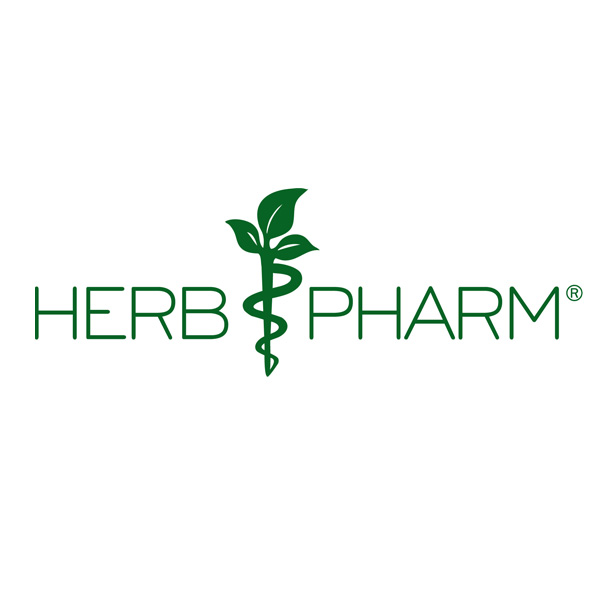

✅ Support the healthy function of the endocrine system with Licorice root liquid extract from Herb Pharm. They prepare our Licorice Extract from the root & stolon of Glycyrrhiza glabra plants which are Certified Organically Grown. To assure optimal extraction of Licorice’s bioactive compounds, the root & stolon are hand-harvested only in the autumn, are carefully cleaned and dried, and are then thoroughly extracted. Directions: Shake well before using. Two to four times per day take 30 to 40 drops in a little water. Seek expert medical advice before taking during pregnancy. Not for use in persons with hypertension, liver disorders, edema, severe kidney insufficiency, low blood potassium, or heart disease. Not for prolonged use except under the supervision of an expert healthcare provider.
🎁 NOW Foods, Licorice Root 450mg


✅ Since 1968 NOW has been a leader in the natural products industry. Even when healthy foods and natural supplements weren’t mainstream, we’ve never wavered from our mission – to provide value in products and services that empower people to lead healthier lives. Directions: As an herbal dietary supplement, take 2 capsules 1 to 3 times daily. Safety Information: Long-term, high-level use is NOT recommended. Persons with high blood pressure should consult a health practitioner prior to consuming licorice root.
🎁 Organic Licorice Root Tea – Kosher


✅ Licorice may be one of the most iconic and unmistakable flavors found around the world, but its origin and history, though extensive, are largely unknown to most people. It is a member of the legume family, best known for its root, which is the source of the licorice flavor. Over thousands of years, licorice root has remained a popular treat; the dried root has been found in large amounts in notable ancient Egyptian tombs. Licorice treats most ailments of the GI tract, coughs, hot flashes, bacterial and viral infections. Directions: Freshwater is essential for brewing a great cup of tea. Use one teabag per cup of boiling water. Cover and steep for 3-6 minutes. Savor the taste of Buddha Teas while enjoying the benefits Licorice Tea provides.
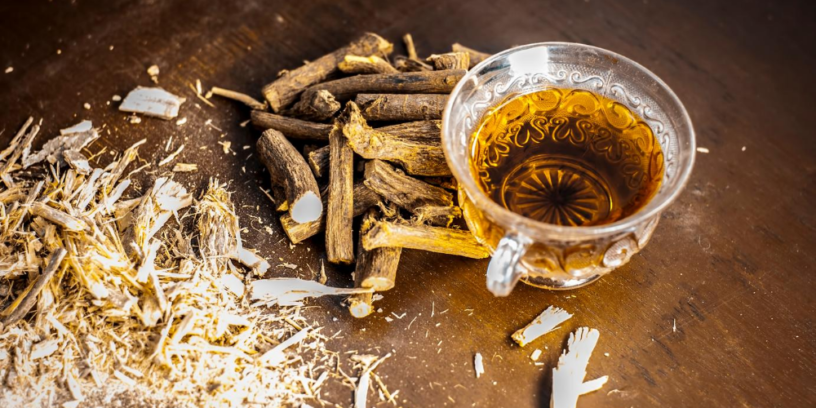
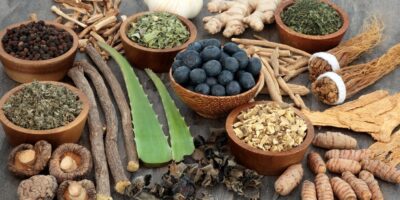
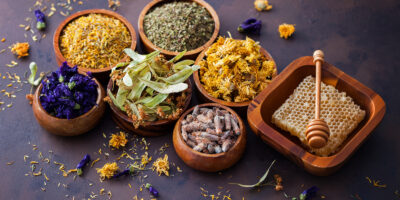
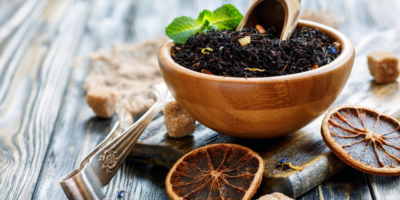


Leave a Reply